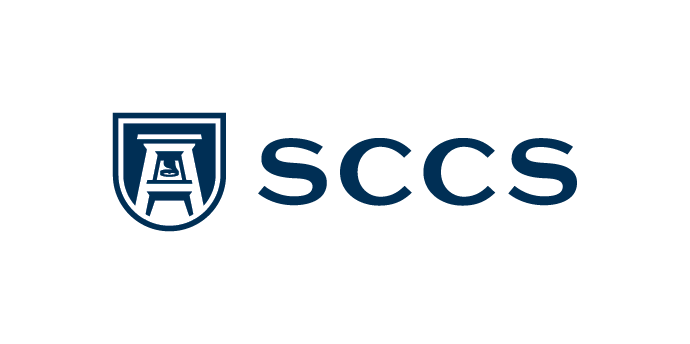From Scripting to Proving: Gradual Verification for Expressive Programming Languages
by Dr. David Van Horn
- When: Friday, 09/11/2020, between 1pm and 2pm, EDT
- Where: Zoom; Outside guests please RSVP by emailing Harley Eades
- YouTube Stream: https://youtu.be/NQx2fKvb8uA
Abstract
Programmers are rapidly adopting expressive, dynamically typed, higher-order functional programming languages for their everyday development tasks. Over time, these programs are often fortified with static type checking by migrating programs using gradual types, a technique now widely used by the largest industrial software development companies. Unfortunately, there are limits both to what properties gradual types can validate and the help they can provide programs as they engage in the migration process. In parallel, researchers have developed sophisticated next generation programming languages with integrated verification features. These languages are able to validate much stronger claims about the correctness of software, but their industrial adoption has lagged far behind gradual typing. Consequently, verification is not being integrated in the everyday lives of programmers and the quality and reliability of software suffers because of it. This represents a tremendous missed opportunity considering the rapid advancement of automated verification techniques.
In this talk, I will give an overview of my group’s recent efforts to close the expressivity gap between commonplace scripting languages and rarefied verification-integrated languages, enabling pathways to verified programming at every point along the spectrum from scripting languages to theorem proving languages.
Author Bio
David Van Horn is an Associate Professor in the Department of Computer Science and the Institute for Advanced Computer Studies (UMIACS) at the University of Maryland, College Park. His research interests are in programming languages and formal methods, where he works toward making the construction of reusable, trusted software components possible and effective. He publishes regularly in the flagship SIGPLAN conferences, POPL, PLDI, OOPSLA, and ICFP, and his work has been recognized with a NSF CAREER Award, a CRA Computing Innovation Fellowship, a Communications of the ACM Research Highlight, an OOPSLA Distinguished Paper Award, and an ICFP Most Influential Paper Award. He is the co-author of “Realm of Racket,” an illustrated book on programming video games, written and illustrated with eight undergraduate students. He is committed to broadening participation in computer science and is currently serving on the Steering Committee of the ACM SIGPLAN Programming Languages Mentoring Workshop and the faculty mentor for Technica, the world’s largest all-women and non-binary hackathon.

